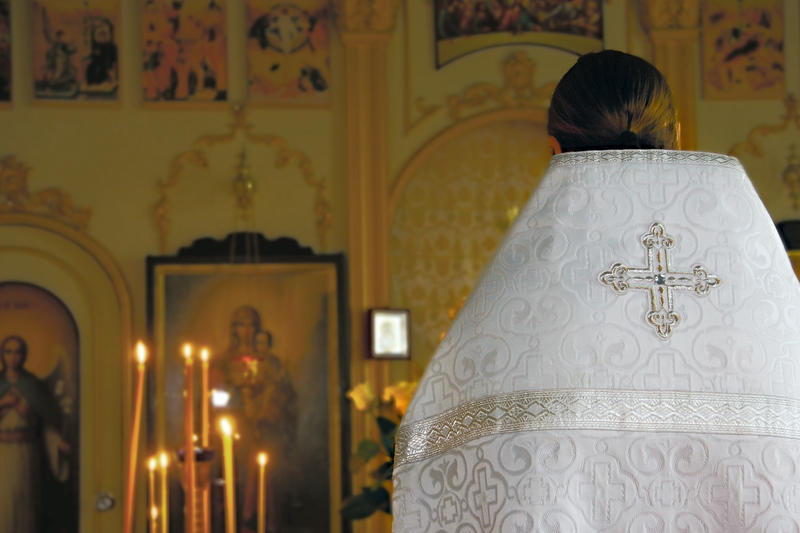He was one of the critics who published praising chronics for the Romanian fill "If I want to whistle, i whistle", immediate after the Berlin Festival. He writes constantly for American magazine Variety about Romanian movies. He's not only in-the-know, but also an admirer of the new generation of Romanian film makers. Interviewed by HotNews.ro reporter Iulia Blaga over the phone, Jay Weissberg said he was expecting Florin Serban's film to win something at the festival, but not the Golden Bear. He believes that the Romanian cinematography might just stay on top of the wave for a long time.
Reporter: Why did you like "If I want to whistle, i whistle"?
Jay Weissberg:I liked it because it looked completely unpretentious, which I believe is the signature of many Romanian film-makers from the last generation, but he deserves the word especially because I had the impression that he was not trying to address an important event, but focused on a specific moment. I also enjoyed the sense of dialogue, especially that the film is based on a theatre play. I believe that the director knew very well which elements to take out to avoid making it theatrical. The film has a very strong central scene - the one in which the hero is visited in prison by his mother and brother. This is a very, very strong scene.
- Jay Weissberg disclosed that he was not expecting the film to get the golden bear. He said he had not seen all the competing films by the time he saw this one and it has been an average year in terms of productions and nobody was satisfied with the festival this year. He says that "If I want to whistle, I whistle" had become the critics' favourite also because there were not many films from which one could choose. He missed the Russian film, which was appreciated, as well as "The Ball", which was awarded the supreme trophy.
- According to Jay Weissberg, the German festival this year featured less catastrophes than in other years, but the general impression that there have been many small films that were not expected to rumble. he included "if I want to whistle..." among these, which he says would have been perfect for festivals like Locarno or San Sebastian. Berlin raises the same expectations like Cannes or Venetia when it comes to film productions.
- Asked where in the film industry he would put the Romanian cinema, Jay Weissberg said he knew that Romanians worried that international interest in the new wave will soon end. Many Romanians worry that if Romania does not come up with one or two international-competing movies each year, it is a negative sign. he did not agree with the feelings and stated that he believed Romanian cinematography to be extremely strong at present.
- "But this does not mean that a masterpiece has to come out every year. What matters is the fact that there is an internal movement in the country which appreciates the cinema and individual voices. Another problem regards the 'New Wave' title. he creator worry that some might think they are all the same, although each and one of them has their own style. There are certain things that these films have in common, among which the extraordinary powerful performance of the actors and naturalist dialogues."
- otherwise, he says that all are different, and Corneliu Porumboiu could never make the same films like Cristi Puiu or Adrian Sitaru. He says that new funds might come to support the Romanian film because it has been so well received overseas. "Unfortunately, Germans prefer comedies with Sandra Bullock. I understand why they prefer the comedy, but I don't understand why they prefer Sandra Bullock."
- Asked to comment Romanians' feeling that these films are made for festivals and not for the Romanian public, Jay Weissberg said that when "tales from the Golden Age" came out, he knew there was at least one film that stood good chances to appeal to the Romanian public better that to international festivals. he believes that a healthy cinema needs thrillers and comedies as well, even light-headed ones, because art-films can depress the public. Talking about the weaknesses of the Romanian cinema, the critic says he wants to see more diversity and more care for the public's tastes.
- Jay Weissberg believes that the Romanian cinema is still appreciated internationally and both the critics and the public attending festivals want to see the Romanian films, even if they will not remember the name of the director.




















